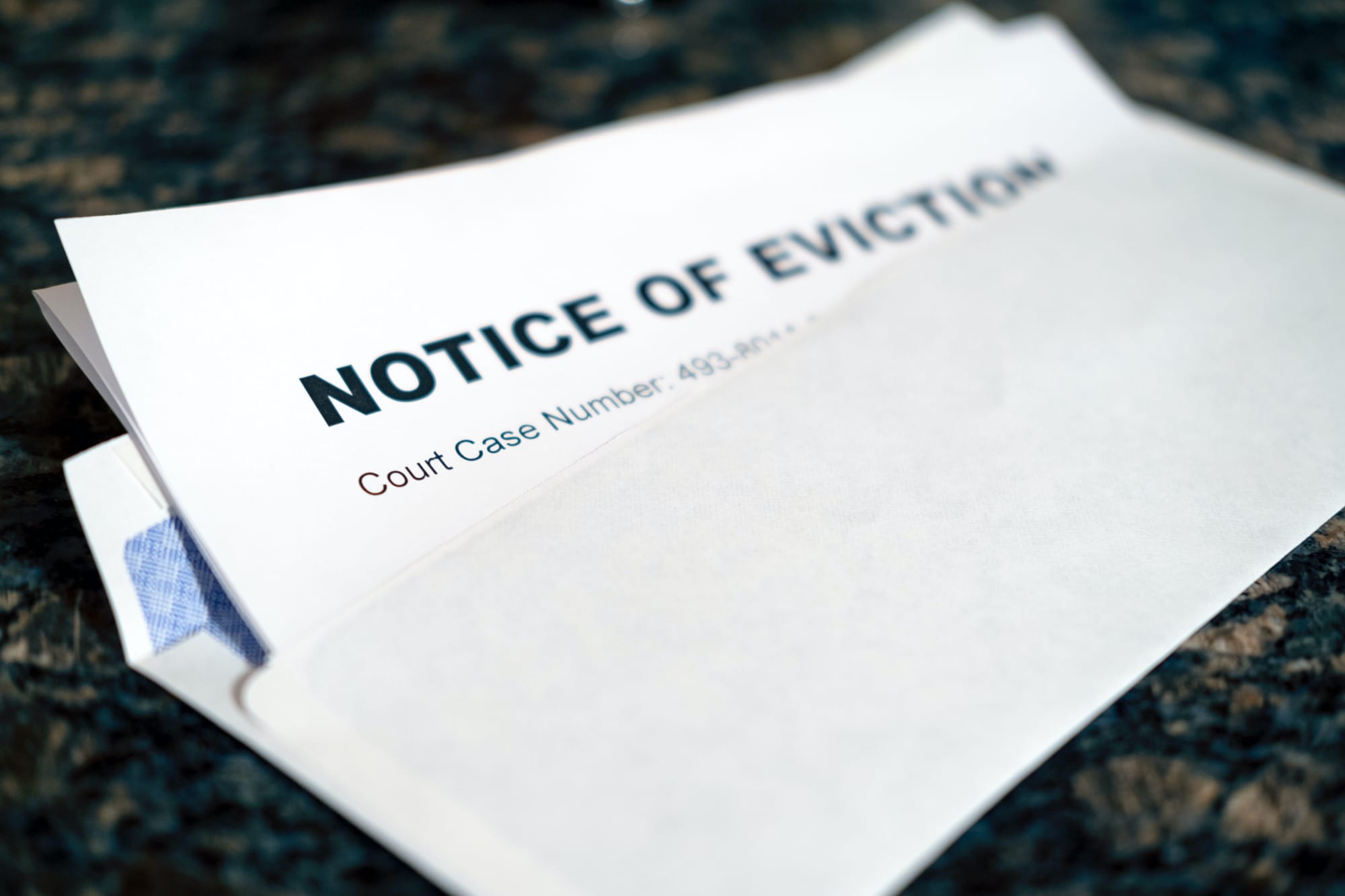Know Your Rights: A Landlord's Guide to Eviction in Singapore
From Rent Arrears to Rogue Tenants: Navigating Every Ground for Eviction in Singapore

Eviction Guidelines: Understanding Your Rights and Responsibilities
Before embarking on an eviction journey, it's crucial to understand the legal framework governing tenancies in Singapore. The two main types are residential tenancies under the Residential Tenancies Act (RTA) and non-residential tenancies governed by the Landlord and Tenant (Shops & Miscellaneous Premises) Act (LTSPA). Knowing which act applies to your situation is vital for adhering to the correct notice periods and procedures.
The eviction process itself follows a specific sequence. First, you must serve the tenant with a valid notice, outlining the grounds for eviction and the required timeframe for vacating the premises. The notice period depends on the type of tenancy and the reason for eviction. For example, rent arrears typically require a shorter notice period than lease breaches.
Seeking legal advice, especially for complex cases, is highly advisable. An experienced lawyer can guide you through the legalities, ensure proper documentation, and represent you effectively in court if necessary.
Navigating the Grounds for Eviction: From Rent Arrears to Nuisance Behavior
1. Non-Payment of Rent: A common and frustrating issue for landlords, rent arrears can be grounds for eviction once the designated notice period has elapsed. Consider alternative solutions like payment plans or mediation before resorting to legal action. Remember, documentation is key – keep meticulous records of missed payments and communication attempts.
2. Breach of Lease Terms: Any violation of the agreed-upon terms in the tenancy agreement, such as unauthorized subletting, damage to the property, or illegal modifications, can warrant eviction. Again, documentation is key. Detailed records of breaches, including photographs or video evidence, will strengthen your case.
3. Nuisance Behavior: Activities that disrupt the peaceful enjoyment of the property for other tenants or yourself, such as excessive noise, disturbance, or unsanitary living conditions, can be grounds for eviction. Documenting complaints from neighbors and evidence of the behavior is crucial to successfully navigate this legal avenue.
4. Illegal Activities: Engaging in any illegal activity on the premises, such as drug use or gambling, is a serious offense and immediate grounds for eviction. Report such activities to the relevant authorities and initiate eviction proceedings promptly.
Recourse Actions: Negotiation, Legal Proceedings, and Securing Possession
While eviction is often the last resort, understanding your options for recourse is essential.
1. Negotiation and Mediation: A proactive approach can sometimes yield positive results. Consider attempting amicable resolution through open communication and compromise. Mediation services can facilitate this process and help reach mutually agreeable solutions.
2. Legal Proceedings: If negotiation fails, legal action becomes the next step. This involves filing court documents, attending hearings, and presenting evidence. Seeking legal representation is crucial for navigating the complexities of the legal system and maximizing your chances of success.
3. Obtaining Possession: Once you receive an eviction order, it's time to reclaim your property. This usually involves the involvement of bailiffs who will enforce the order and obtain vacant possession. Remember, adhering to proper procedures and legal requirements is vital throughout this process.
Conclusion: Knowledge is Power: Protect Your Investment with Confidence
Understanding your rights and responsibilities as a landlord in Singapore empowers you to navigate eviction scenarios with confidence. By following the legal guidelines, documenting evidence, and seeking professional advice when needed, you can ensure a smooth and successful eviction process, protecting your investment and safeguarding your peace of mind.
Singapore Landlords' Association: https//www.sla.gov.sg/
Ministry of National Development: https//www.mnd.gov.sg/
Law Society of Singapore: http://www.lawsociety.org.sg/
Remember, this guide provides a general overview and should not be considered a substitute for professional legal advice. Always consult with a qualified lawyer for specific guidance and support in handling your unique eviction situation.
By following these steps and utilizing the resources provided, you can navigate the eviction process with confidence, protecting your investment and ensuring a positive outcome for everyone involved.

